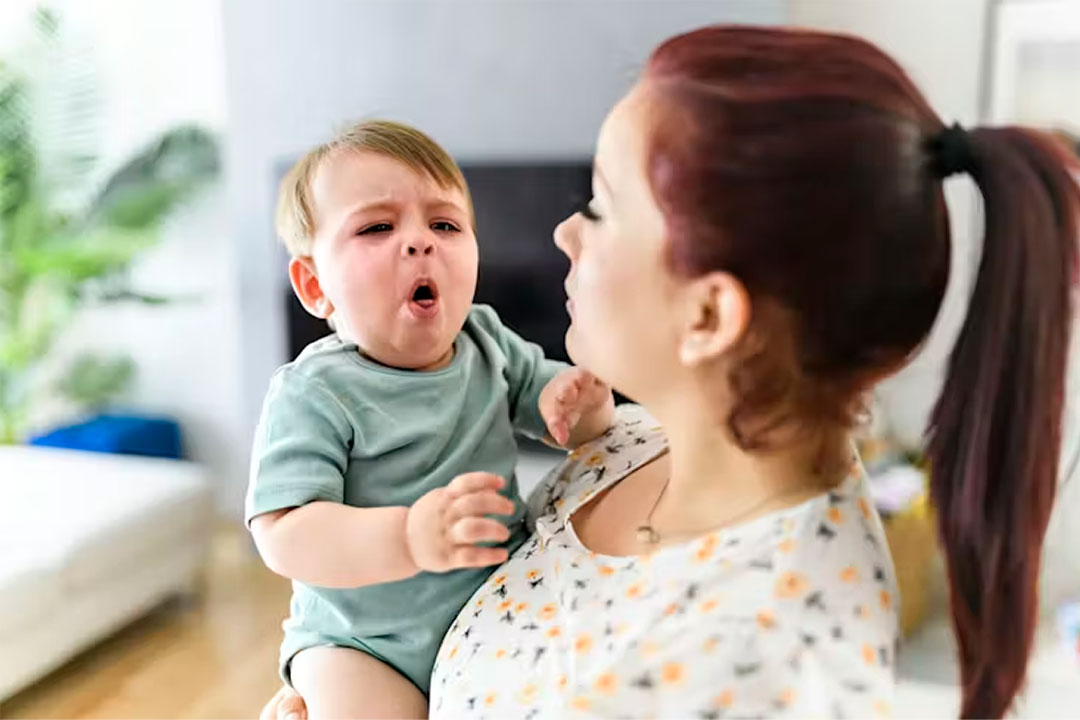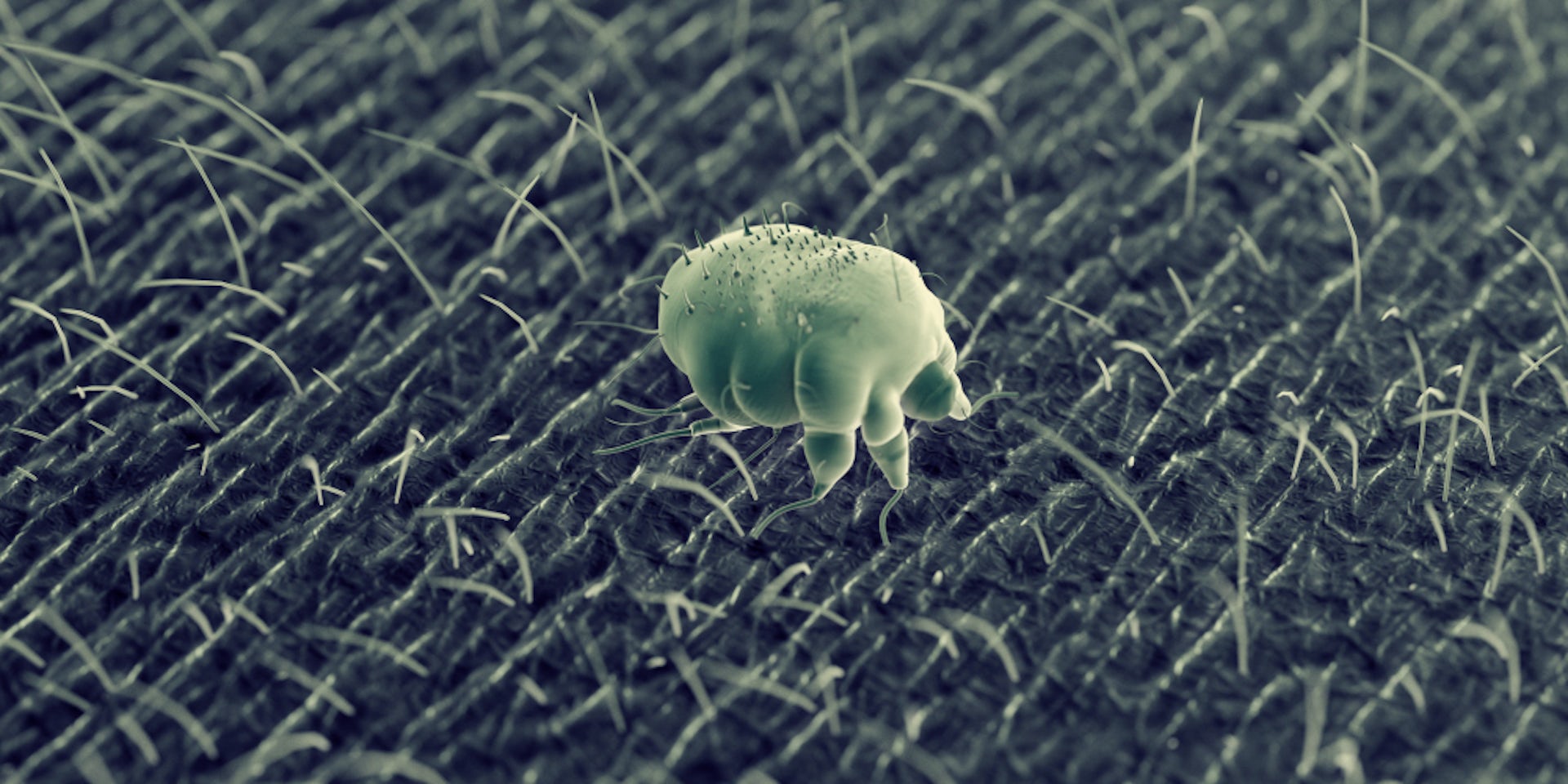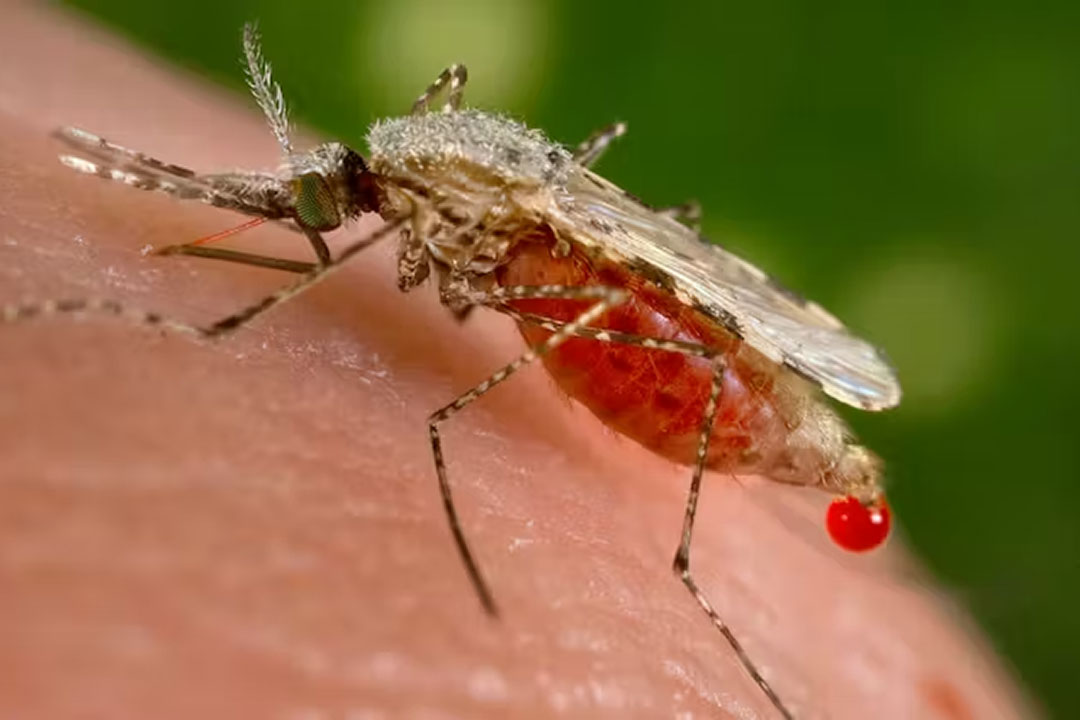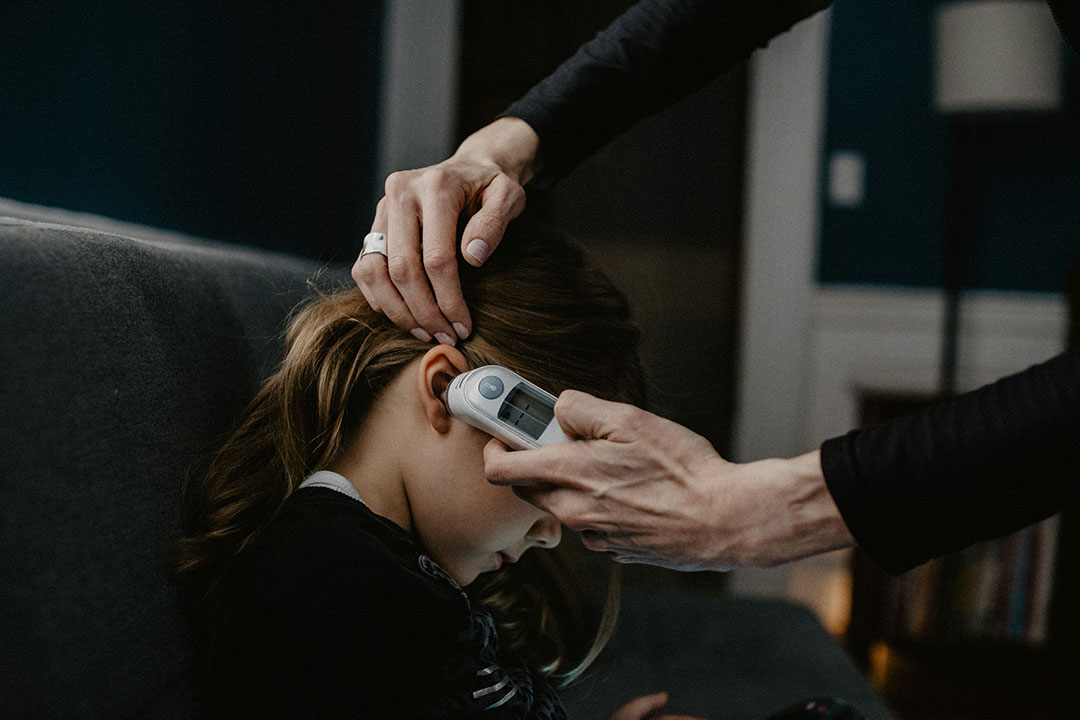Pandemic babies behind on communication at age two – but other developmental areas remain unaffected
How did this strange new world affect babies born during the height of the pandemic? Our research sought to find out.
- 10 July 2023
- 5 min read
- by The Conversation
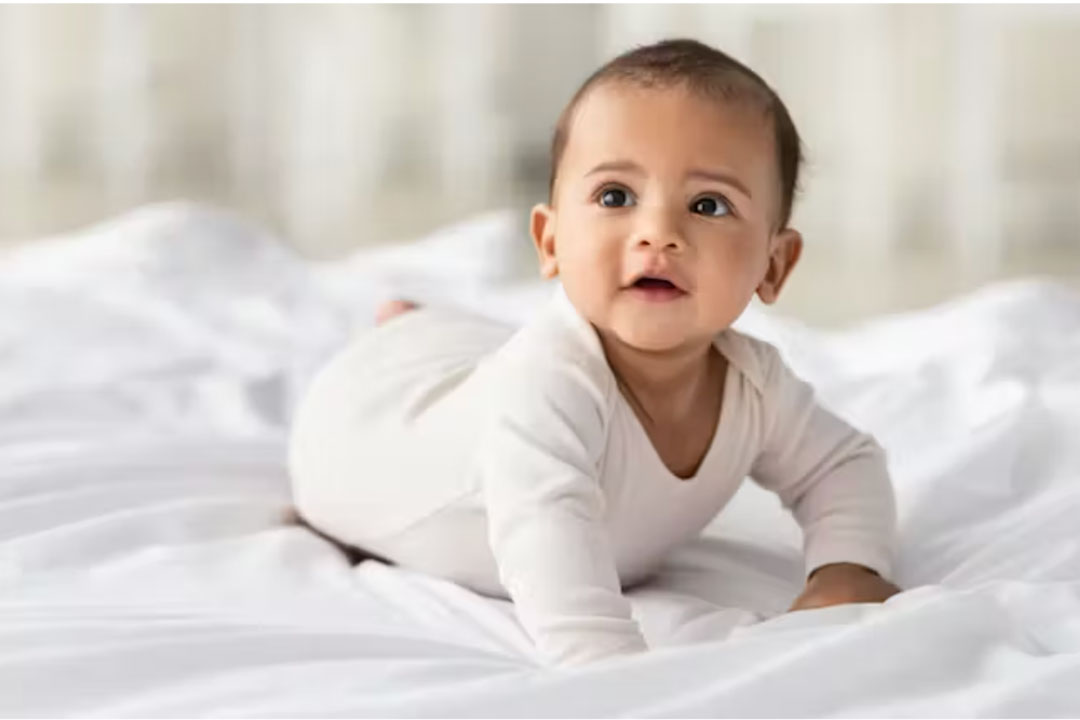
The world changed for all of us when we were suddenly plunged into a pandemic in 2020. COVID sent us into a series of lockdowns in a bid to control the spread of the virus until a vaccine could be developed.
Most of us knew that a vaccine would be the key to our post-pandemic lives. But what about those of us who knew nothing of the world before COVID?
Our research group wanted to understand what life was like for babies born during the pandemic, and what it might mean for their general health and development.
In our latest paper, we found that by age two, with the important exception of communication, these pandemic babies were very similar to babies born before the pandemic in behaviour and development.
We followed families of babies born in Ireland in the first three months of the pandemic, between March and May 2020. A total of 354 families and their babies visited us at six, 12 and 24 months of age.
The visits, particularly the earlier ones, were sometimes the only trips the families made outside the home. We were struck by some babies’ wariness towards our experienced paediatric staff, which was often explained by comments from parents like “she hasn’t been out much”.
At each of the visits, we asked the parents for lots of information on their babies’ lives and development by way of questionnaires.
Usually, in a study like this, it’s best to compare the babies to a control group of other babies born at the same time but without the same challenges. As most of the world was in lockdown, we did the next best thing. We compared the lockdown babies to a similar group of babies born in Ireland before the pandemic. This is a limitation of our study, but there were no comparable groups of babies available at the same time.
Social lives and development
We found these lockdown babies had tiny social circles. Because of COVID restrictions, activities such as parent and baby groups were called off, and there were no visits to other homes.
At six months, an average of only three people had kissed the babies, including their parents – suggesting they hadn’t met many relatives or family friends. One in four babies had not met another child their own age by their first birthday.
We also asked parents what it felt like to raise a baby during the pandemic. Words such as “lonely”, “isolating” and “challenging” appeared repeatedly. Some positive themes emerged too, including parental bonding with the new baby and more family time due to the lockdown restrictions.
We looked at ten developmental milestones at the babies’ first birthday. Among these, fewer pandemic babies had said their first word, could point or wave “bye-bye”, and slightly more babies could crawl.
This makes sense when you think about it. Babies were probably hearing fewer words since they were getting out and about less. Also, the pandemic babies were likely to be very familiar with their home so there were few new things to point to. And as parents were working from home and visitors didn’t generally come to the house, there may have been less need to learn how to wave goodbye. It’s possible more pandemic babies crawled because they were more likely to have spent more time at home exploring.
Have you read?
At age two, we were interested to see whether these developmental differences had shifted. We asked parents questions about communication at this point including whether the child could say two or three words together to convey an idea, whether they could correctly point at something when asked (for example, point at the ball), and whether they could follow a simple command (for example, put the toy on the table).
The children born during the pandemic again had slightly lower scores in the communication portion of the questionnaire, even after we adjusted for factors such as the mother’s education level and the child’s age when the questionnaire was completed.
But reassuringly, the pandemic babies had similar scores to those born before COVID in the other developmental areas we looked at, including motor skills and problem-solving ability.
We were also relieved to see no differences in reported behaviour between pandemic-born babies and those born earlier. We asked parents almost 100 questions about their child’s behaviour including about sleep problems, anxious behaviour, how emotionally reactive they were, and whether they were socially withdrawn.
What can we do?
Research groups in other countries have also shown that babies born shortly before or during the pandemic had slightly lower developmental scores.
Now that pandemic measures are gone, it’s really important for all babies born during the pandemic to explore the exciting world. Families should meet with relatives and friends to expose their babies to a wider range of people, and babies should meet their peers at play groups. We also know that talking to babies and reading to small children is highly beneficial.
All babies should have developmental screening, which is often provided by national programmes. If families have any particular concerns it’s important they contact their healthcare provider to discuss the child’s development in more detail. This enables early and directed support to be provided to children who are found to have a specific developmental issue.![]()
Authors
Susan Byrne, Senior Lecturer, Department of Paediatrics and Future Neuro, RCSI University of Medicine and Health Sciences
Jonathan Hourihane, Head of Paediatrics, RCSI University of Medicine and Health Sciences

This article is republished from The Conversation under a Creative Commons license. Read the original article.
Disclosure statement
The authors do not work for, consult, own shares in or receive funding from any company or organisation that would benefit from this article, and have disclosed no relevant affiliations beyond their academic appointment.
Partners
RCSI Royal College of Surgeons in Ireland provides funding as a member of The Conversation UK.

